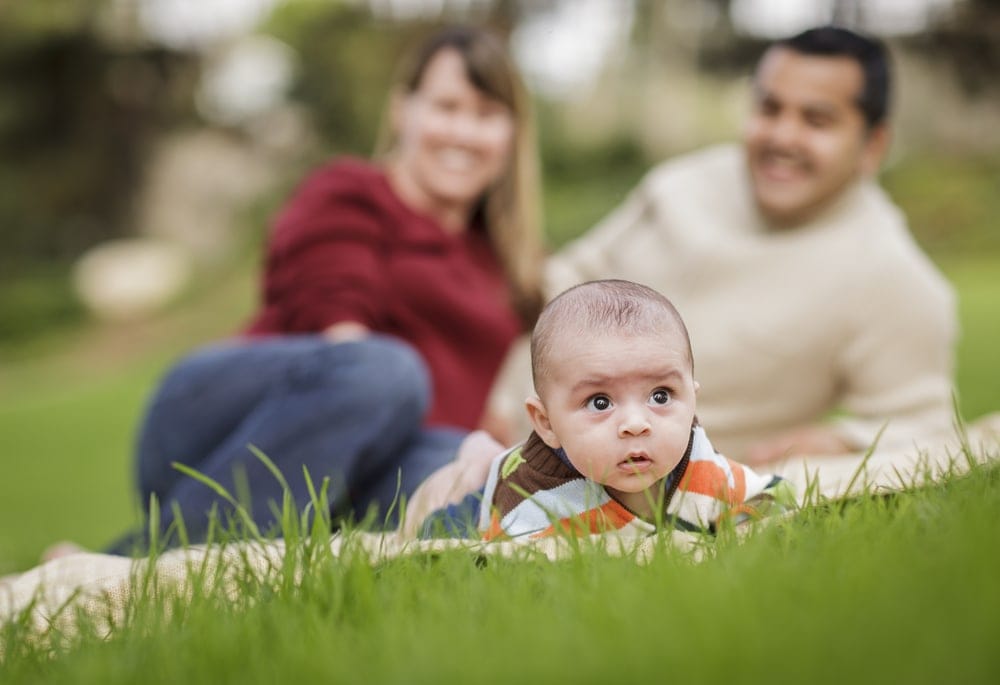Open adoption occurs when potential birth mothers and prospective adoptive families have a personal interaction with one another. In this type of adoption, the identities of all parties are shared. Interaction can differ from one family to another and may include letters, e-mails, telephone calls, or visits. There are several potential disadvantages to open adoption that should be considered by birth parents, adoptive parents, and adopted children.
The Disadvantages of an Open Adoption
Disadvantages for Birth Parents
The open adoption experience differs with each individual.
Agencies are prepared to help each person work through issues that can include:
- Abuse of trust– The relationship with the adoptive family creates the potential for abuse of trust. The adoptive family may abuse the trust you place in them by manipulating various situations.
- Potential disappointment- The opportunity to interact with the adoptive family carries the potential for disappointment if the adoptive family does not meet expectations.
- Feelings of obligation -A birth mother may feel unduly obligated to place her child for adoption because of the financial commitment and emotional investment on the part of the adoptive family.
- Changed Mind– The adoptive family can choose to halt or terminate the adoption process at any time. This can leave the child in a limbo state and possibly result in the child being placed in foster care until other arrangements can be made.
Disadvantages for Adoptive Family
The open adoption experience can vary with each family.
For adoptive families, some possible risks and disadvantages of open adoption include:
- Additional pressure-In some cases the birth mother or birth family might want a greater level of openness than the adoptive parents. Consequently, the adoptive parents might feel under pressure to accept the demands of the birth family for fear of not getting the child.
- Unstable relationships– The adoptive family might discover that their relationship with the birth family includes a relationship with an unhealthy or emotionally disturbed birth family member.
- Additional support– The adoptive family might feel pressured to provide an emotional support system for the birth family.
Disadvantages for the Adopted Child
The open adoption experience can vary with every child.
For an adopted child, possible disadvantages of open adoption include:
- Reduced ability to assimilate into a family– Interaction with the birth family may make it harder for the child to assimilate into the adoptive family.
- Sense of rejection– If for some reason there is no longer any contact between the birth family and the adoptive family, the adopted child can feel rejected.
- Peer communications- The adopted child who has on-going interaction with his or her birth family can struggle with the need to explain the various relationships to his peers.
- Power struggles– The adopted child may try to manipulate the adoptive and the birth family by playing one against the other.
- Identify confusion– As the child matures, he or she might experience a greater struggle with identity from trying to make sense of family history and genealogy information involving more than one family.
The open adoption can vary with each individual. Communication continues to be the most important factor of success for all parties involved in the adoption process. As communication about wishes, desires, expectations increases, the more comfortable everyone involved will tend to be.
Next Steps
It is usually helpful to talk to an adoption professional where you can explore adoption in greater detail. You can ask questions and learn more about the process without pressure.
Want to Know More?
- The Adoption Process for Birth Parents
- Financial Assistance for Adoption
- Adoption Options
- Adoption Questions to Ask Yourself
Compiled using information from the following sources:
1. National Adoption Information Clearinghouse






